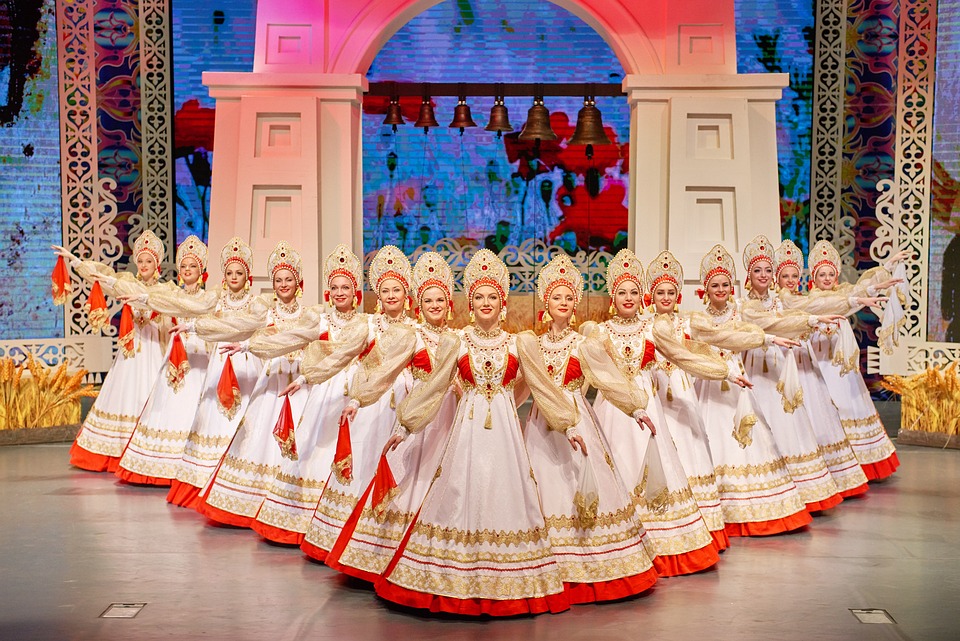Preserving Russian Agricultural Traditions in the Modern Era
Russia has a long and rich history of agriculture, with traditional farming practices dating back centuries. These agricultural traditions have been passed down from generation to generation, shaping the way Russians cultivate their land and produce food. In the modern era, as technology and globalization continue to change the way food is grown and distributed, it is important to preserve these age-old traditions that are not only part of Russia’s cultural heritage but also contribute to the country’s food security and sustainability.
The Importance of Preserving Russian Agricultural Traditions
Preserving Russian agricultural traditions is crucial for a number of reasons. Firstly, these traditions have been developed over time to suit the unique climate, soil, and geography of Russia. By continuing to employ these traditional farming methods, Russian farmers are able to maximize their yields and ensure a stable food supply for the country.
Secondly, these traditions are an integral part of Russia’s cultural heritage. Many of the farming practices that have been passed down through generations are deeply rooted in Russian folklore and traditions. By preserving these practices, farmers are not only maintaining a connection to their ancestors but also helping to keep traditional Russian culture alive.
Furthermore, preserving agricultural traditions can have environmental benefits. Traditional farming methods are often more sustainable and environmentally friendly than modern industrial farming practices. By preserving these traditions, Russian farmers can help protect the environment and promote biodiversity in their fields.
Challenges in Preserving Agricultural Traditions
Despite the importance of preserving agricultural traditions, there are several challenges that Russian farmers face in the modern era. One of the main challenges is the pressure to modernize and adopt more efficient farming practices. With the rise of agribusiness and the increasing demand for food production, many farmers feel the need to abandon traditional methods in favor of more industrialized approaches.
Another challenge is the lack of support for small-scale farmers who wish to continue practicing traditional agriculture. Government policies and subsidies often favor large-scale industrial farming, making it difficult for small farmers to compete. Additionally, many young people are leaving rural areas in search of better opportunities in urban areas, leading to a decline in the number of farmers who are knowledgeable about traditional farming practices.
Strategies for Preserving Agricultural Traditions
Despite these challenges, there are several strategies that can be implemented to help preserve Russian agricultural traditions in the modern era. One approach is to provide support and incentives for farmers who wish to continue practicing traditional agriculture. This could include subsidies for traditional farming methods, training programs for young farmers to learn about traditional practices, and marketing support to help small-scale farmers sell their products.
Another strategy is to promote awareness and appreciation for traditional farming practices among consumers. By educating the public about the benefits of traditional agriculture and the cultural significance of these practices, farmers can help create demand for traditional products and ensure the continued viability of traditional farming methods.
Furthermore, research and development efforts can be focused on adapting traditional farming practices to modern challenges, such as climate change and resource scarcity. By combining traditional knowledge with modern technology, farmers can develop innovative solutions that preserve the essence of traditional agriculture while improving efficiency and sustainability.
Conclusion
Preserving Russian agricultural traditions is essential for maintaining the country’s cultural heritage, ensuring food security, and promoting environmental sustainability. Despite the challenges that farmers face in the modern era, it is possible to overcome these obstacles and continue practicing traditional agriculture. By providing support for traditional farmers, raising awareness among consumers, and fostering innovation, Russia can preserve its agricultural traditions for future generations.
In conclusion, preserving Russian agricultural traditions is not only a matter of cultural preservation but also a key component of food security and sustainability. By embracing these traditions and finding innovative ways to adapt them to the modern era, Russian farmers can continue to feed their country while honoring the legacy of their ancestors.





